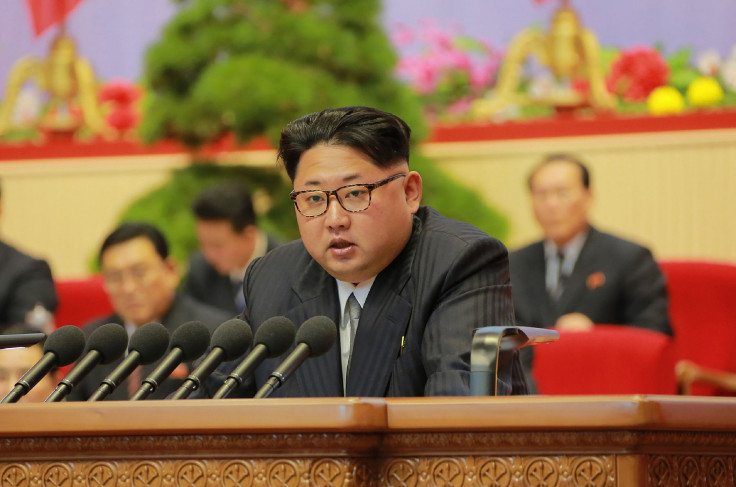North Korea Nuclear Tests: US, Japan, South Korea To Push Pyongyang To Drop Missile Development

As tension mounts over North Korea’s nuclear and missile tests, senior leaders from the U.S., Japan and South Korea held trilateral talks Thursday in Tokyo in an effort to tackle Pyongyang’s undeterred mission to develop its nuclear arsenal.
U.S. Deputy Secretary of State Antony Blinken, South Korea’s Vice Foreign Minister Lim Sung-nam and Japan’s Deputy Foreign Minister Shinsuke Sugiyama agreed to work together to put more pressure on North Korea to abandon its nuclear mission.
"We will not accept North Korea as nuclear state, we will not accept North Korea's possession of nuclear weapons, period," Blinken reportedly said. "We are focused on increasing the pressure on North Korea with one purpose: to bring it back to the table to negotiate in good faith. Denuclearization. That is the objective."
South Korea's Lim added that Seoul will resume talks with Tokyo about the General Security of Military Information Agreement pact, which allows both nations to share information about the North’s nuclear activities with each other.
This marks the fifth such meeting between the three nations, the first of which was held in Washington in April 2015.
“The situation is graver than ever due to the North's continued provocations,” the South Korean foreign ministry said ahead of the meeting. “During the meeting, we will have an in-depth discussion on coordination among the three countries in the face of the North's threat and provocations, while seeking to intensify additional sanctions of our own and pressure against it.”
The talks follow North Korea’s latest missile tests last week in which the country tested an intermediate ballistic missile. U.S. and South Korean officials believe the country tested a Musudan missile, which has an estimated range of up to 2,500 miles and could reach South Korea, Japan and Guam.
After Pyongyang conducted its fifth and largest nuclear test yet in September, the United Nations asked its member nations to tighten sanctions against the reclusive country. However, North Korean officials condemned the U.N.’s efforts calling the sanction resolutions “illegal criminal documents.”
Pang Kwang Hyok, vice director of the department of international organizations at the North Korean Ministry of Foreign Affairs, added that the sanctions will not affect North Korea’s mission to develop its nuclear arsenal. “I can state that it is a complete miscalculation to think that any sanctions or pressure can have any effect on us,” he said.
© Copyright IBTimes 2025. All rights reserved.






















